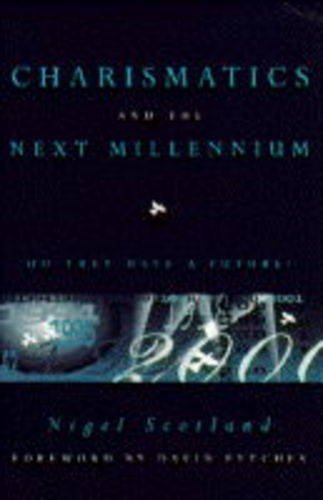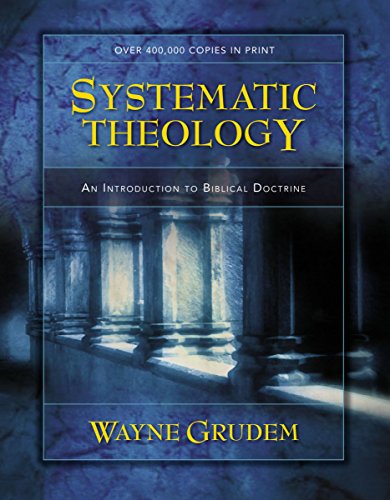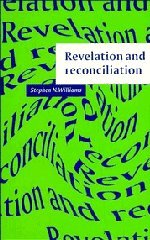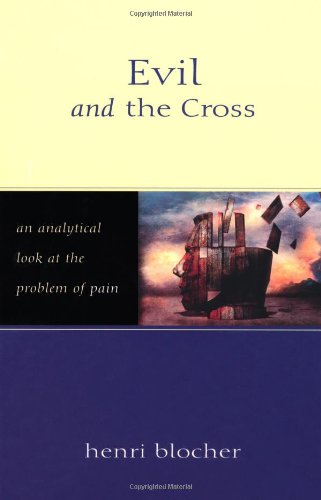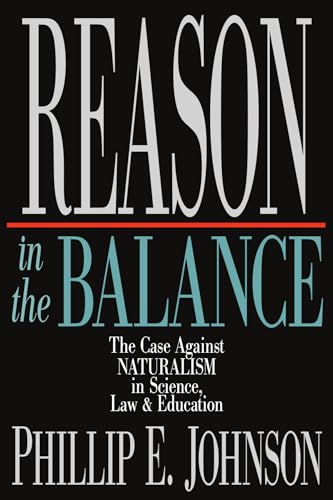In this guide Professor Barton provides an excellent overview of the state of Isaianic studies from the last 25 years until the present. Helpful annotations are included in the bibliographies, and his choice of books and articles most useful to the beginning scholar (denoted by asterisks) is particularly commendable.
Barton’s main contention is that Isaianic studies have experienced a major shift during the past 25 years. Two decades ago scholars were intent on trying to separate the various levels of the book of Isaiah into primary and secondary materials (sometimes called ‘authentic’ or ‘genuine’ versus ‘inauthentic’ or ‘secondary’); only the primary material was given serious consideration. In recent years scholars have placed more stress on the importance of the ‘final form’ of the text. As Barton notes, this is not a return to ‘pre-critical’ days, but rather an attempt to determine why materials from different time periods have been brought together into a single, unified book. Barton favours the idea of an Isaianic school (suggested at least as far back as J. Lindblom in the 1960s) that continued for several generations to edit and add material to the original core of Isaiah’s oracles. In this way he attempts to align the unity of ideas in the book of Isaiah with his contention that certain parts of the book must come from later periods. While the solution is plausible, it is on that R.E Clements has argued forcefully against, citing the lack of evidence for any schools surrounding the prophets.
This book would be a great asset to Themelios’s readers, as it provides a concise overview of an often complicated field. Barton has done well to point out the proverbial trees in an immense forest and encourages readers that the state of Isaianic studies is not as jumbled as it may at first seem. Even if readers do not appreciate the direction Isaianic studies have taken (and many scholars would take issue with some current trends), Barton delivers a balanced presentation of the material. His arguments are clear and cogent, ready to be taken up and debated by the next generation of scholars.
Paul D. Wegner
Paul D. Wegner
Golden Gate Baptist Theological Seminary
Mill Valley, California, USA



